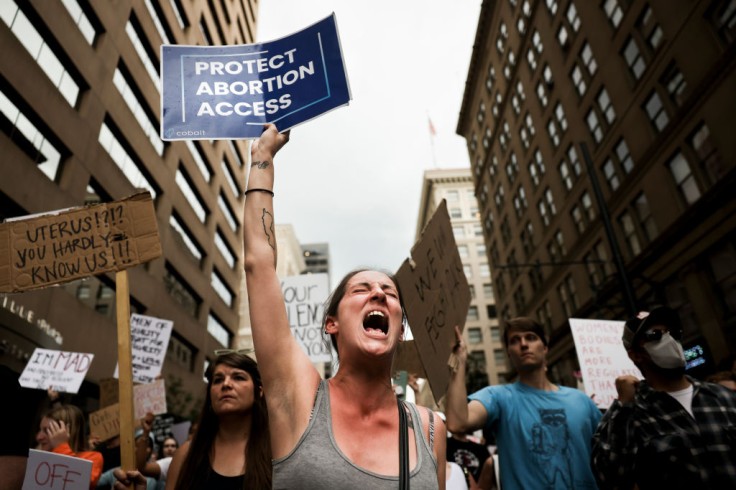
The Florida legislature has passed a bill that prohibits abortions beyond the six-week mark of pregnancy.
Republican Governor Ron DeSantis, who is in favor of the bill, needs to sign it to make it a law.
The new law has the potential to have a significant impact on women's reproductive rights, as six weeks is a short time frame for some women to realize they are pregnant.
This is particularly significant since Florida already restricts abortions after 15 weeks of pregnancy.
Compared to other states in the southeastern United States, Florida has relatively relaxed regulations regarding abortions.
This has made it a popular destination for individuals from other states who wish to undergo the procedure.
Florida's Abortion Ban After 6 Weeks
According to the Associated Press, the Republican-controlled Florida Legislature passed a bill that bans abortions, a measure that has the support of Republican Governor Ron DeSantis, who is expected to sign it into law.
While the bill does include some exceptions, such as when a woman's life is in danger, abortions for pregnancies resulting from rape or incest will be permitted only up to 15 weeks, and the woman will need to provide evidence, such as a police report or restraining order. DeSantis has endorsed these exceptions, referring to them as reasonable.
The Florida bill prohibits the distribution of drugs used in medication-induced abortions, which account for the majority of abortions performed nationwide, except when administered by a doctor in person.
Meanwhile, the legality of mifepristone, an abortion pill, is being challenged nationwide in court.
Republican Representative Jenna Persons-Mulicka stated that this bill presents an opportunity for Florida to lead the national conversation about protecting life and ensuring that every child has the opportunity to be born and achieve their purpose.
The six-week ban in Florida will only go into effect if the state's current 15-week ban, which is being contested in the conservative-controlled state Supreme Court, is upheld.
Based on Politico, in addition to its restrictions, the six-week ban provides $5 million to the Florida Department of Health for programs that encourage contraception use and $15 million for programs that assist mothers who give birth.
Abortions in the Southeast
Since it was introduced on March 7, just before Governor DeSantis' State of the State address on the first day of the 2023 legislative session, the proposal has been met with protests and outbursts.
Critics, including abortion-rights groups and Democrats, have described the Florida proposal as extreme.
As per NBC, the White House press secretary, Karine Jean-Pierre issued a statement saying that the ban would prohibit four million women of reproductive age in Florida from accessing abortion care after only six weeks, which is before many women even realize they are pregnant.
Furthermore, she noted that this ban would have a significant impact on the nearly 15 million women of reproductive age who live in abortion-restricting states throughout the South, many of whom have previously relied on travel to Florida as an option for obtaining care.
According to Dr. Shelly Tien, who works at Planned Parenthood Southeast, women from across the Southeast have been coming to Florida to receive abortions, as states like Louisiana, Mississippi, Tennessee, and Alabama have banned the procedure.
The number of women traveling to Florida for abortions increased from 3,988 in 2020 to 6,708 in 2022. During this same period, the overall number of abortions in the state increased from 74,868 to 82,192.